Recently, the Ministry of Education announced the results of the “Eighth Typical Project of Targeted Poverty Alleviation Carried out by Universities Directly under the Ministry of Education”, and the “Targeted Poverty Alleviation for the Three-Industry Integration Project of Henan Queshan Rice Paddy Park” declared by the School of Management of Shandong University was awarded as the Targeted Poverty Alleviation Project. Leaders of the University recognized the achievements made by the School in the targeted poverty alleviation.
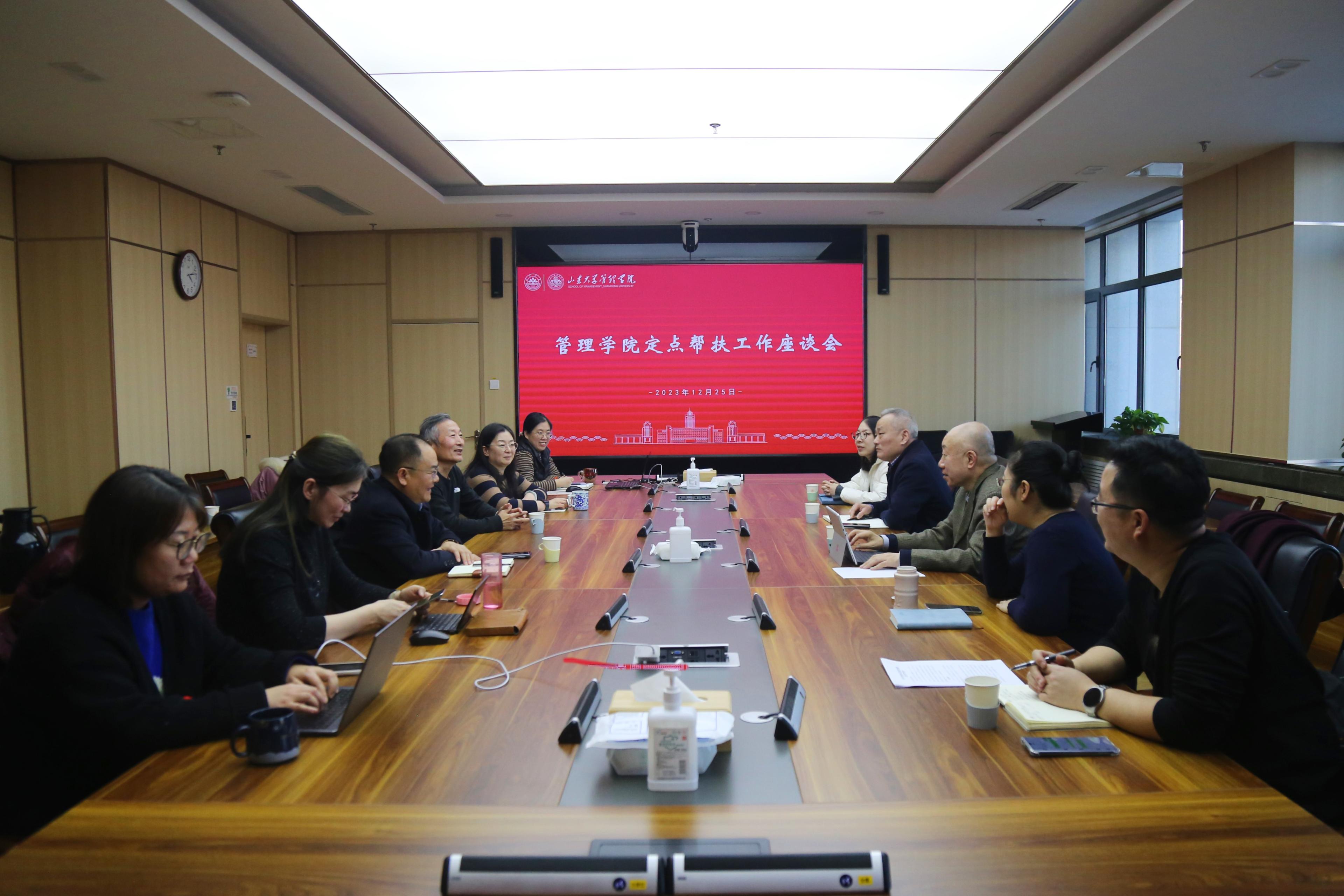
On December 25, the School held a symposium on targeted poverty alleviation to earnestly convey and implement the spirit of the instructions of the university leaders, with the aim of further strengthening the political commitment, deepening and expanding the results of the existing support, and actively planning the key work of targeted poverty alleviation for the year of 2024. The symposium was presided over by Dean Wu Changqi, Deputy Secretary of the Party Committee of the School, Fu Yina, Zhou Lin, Vice Dean and Director of the Department of Culture and Tourism, Huang Xiaoting attended the symposium.
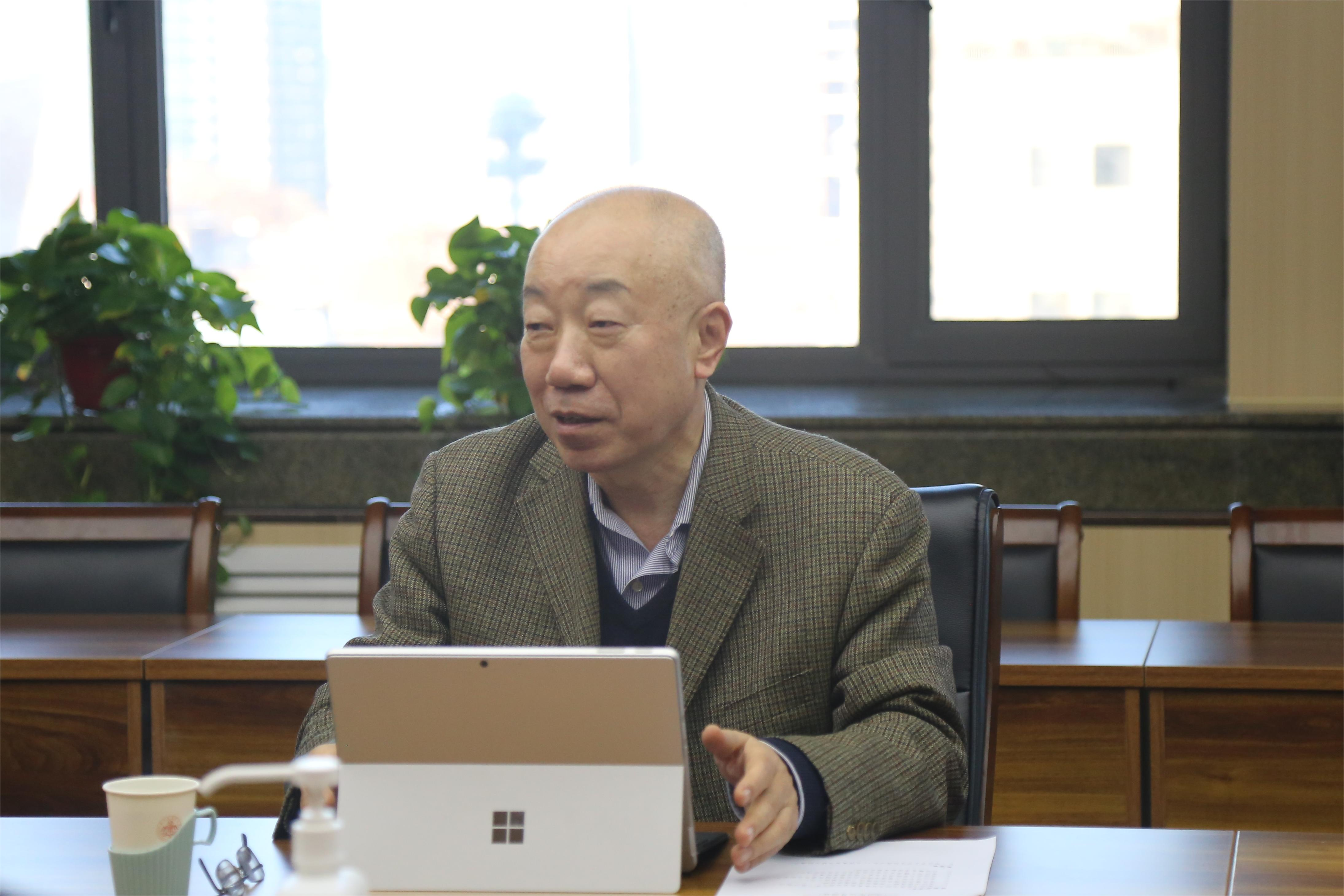
The symposium conveyed the instructions of the university leaders on the “Targeted Poverty Alleviation for the Three-Industry Integration Project of Henan Queshan Rice Paddy Park” was awarded the targeted poverty alleviation project. Dean Wu pointed out that the project is the important content and concentrated embodiment of the “Think Tank +” and “Brand + Culture and Tourism” empowerment assistance models explored by the School in Queshan County, Henan Province. He stressed that the preliminary work has achieved certain results, the School should continue to do deep and practical work to achieve a better result.
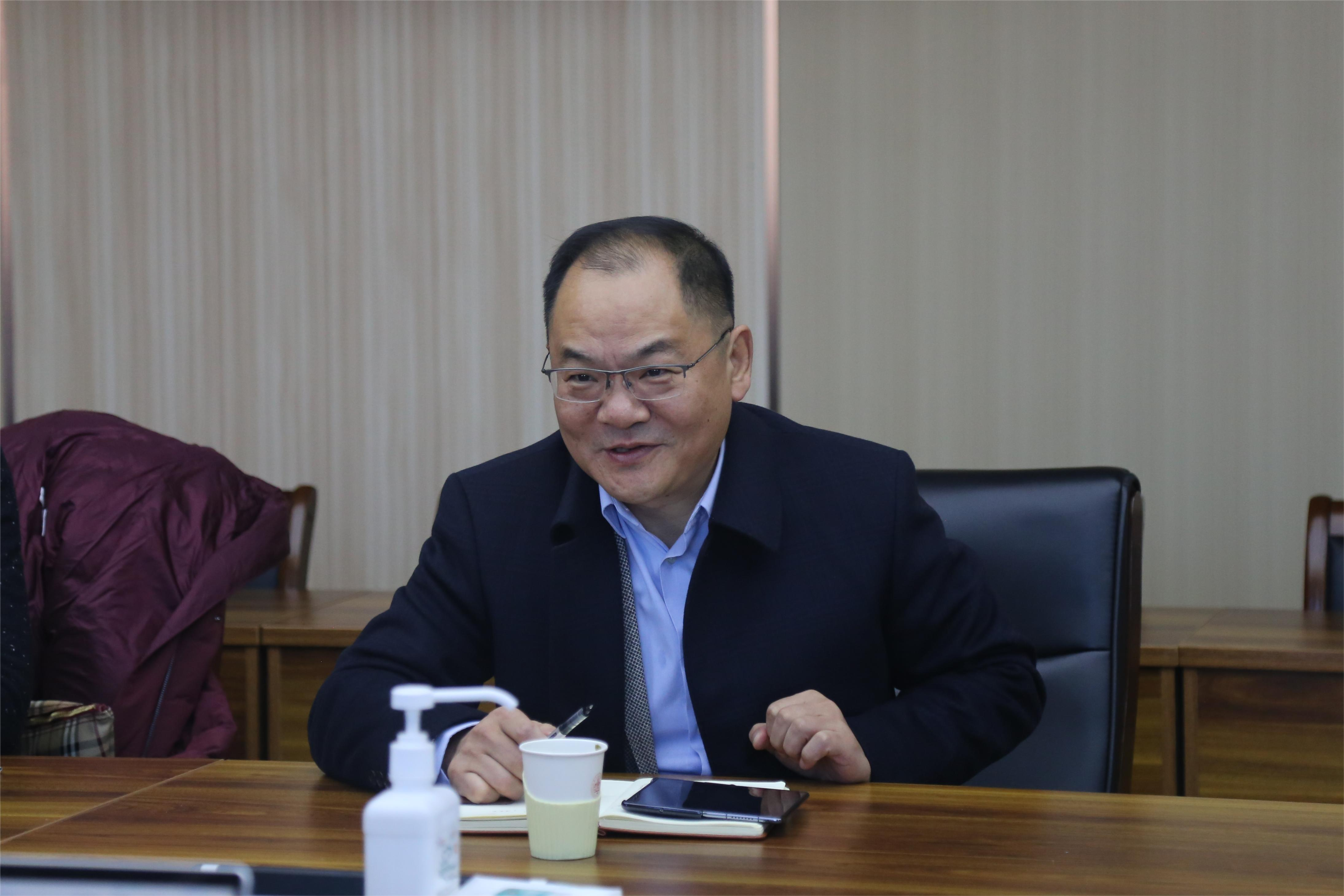
Wang Guangzhen, Professor of the Department of Culture and Tourism and Director of the Rural Revitalization Research Center of Shandong University, presented the basic situation, typical experience, results and future outlook of Shandong University’s targeted poverty alleviation project in Queshan County, and put forward suggestions for improvement. Professor Wang and his team members went to Queshan County four times to conduct in-depth research, and carried out a number of special activities, including the “Queshan County Regional Brand Development” seminar, “Rural Revitalization and Cultural and Tourism Integration” training lectures, etc. With the direction of regional tourism and the actual situation of Queshan County, the team has successively completed several development plans and pushed forward their implementation.
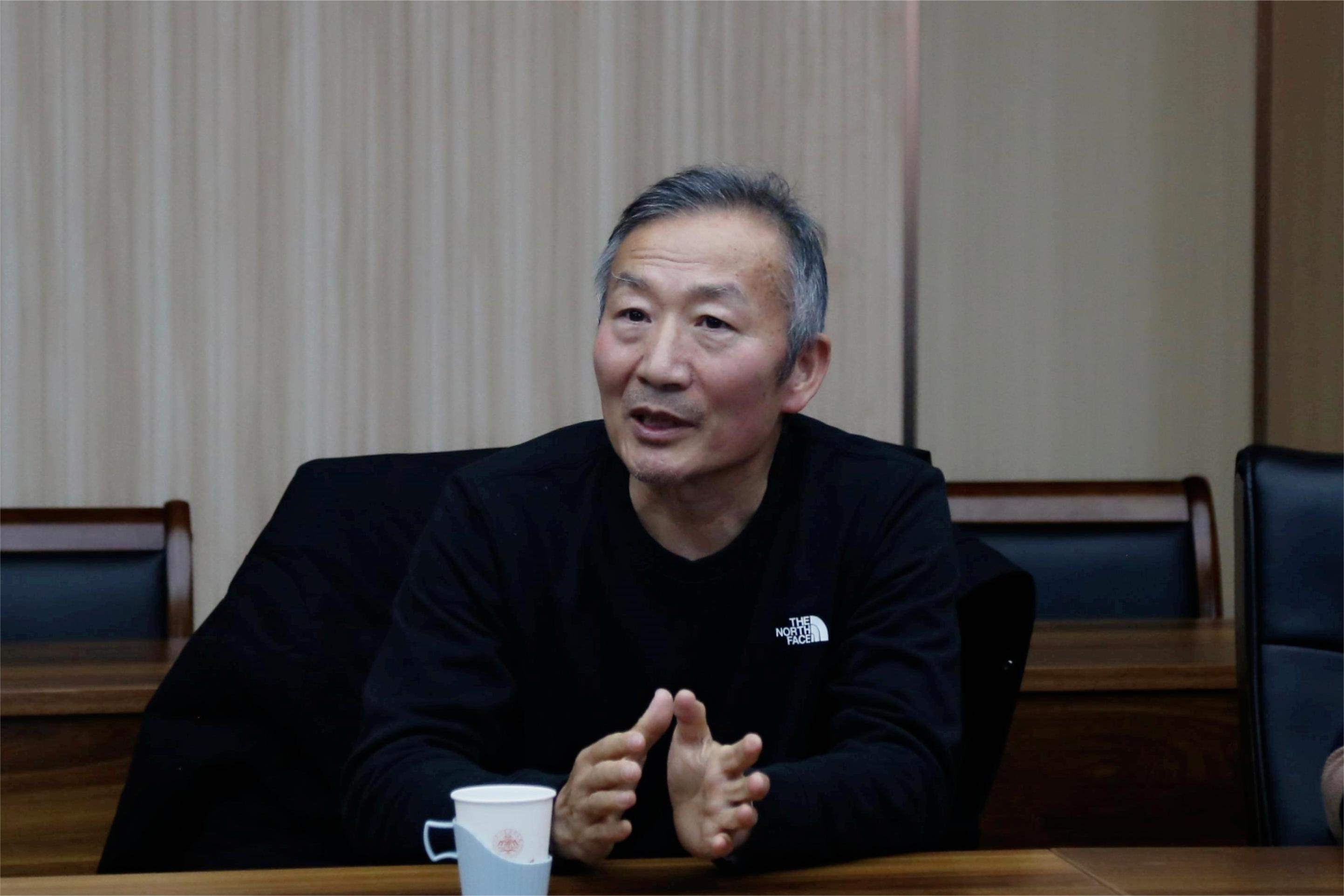
Professor Song Zhenchun, a retired faculty member of the Department of Culture and Tourism, was invited to participate in the symposium and introduced the efforts and contributions made by experts from the Department of Culture and Tourism in the rural revitalization project of Liuzhuang in Queshan County since 2012, when Shandong University started to help Queshan County. He shared the changes, development bottlenecks and solution ideas of industrial integration in Queshan County under the concept of “Culture and Tourism + Agriculture”. He proposed to promote consumption upgrading through the integration of three industries; on the basis of promoting the paddy field painting tourism project, focus on the overall development planning of tourism in Liuzhuang Town, integrate tourism resources, enrich tourism elements, and strengthen marketing and promotion, so as to realize tourism to lift people out of poverty.
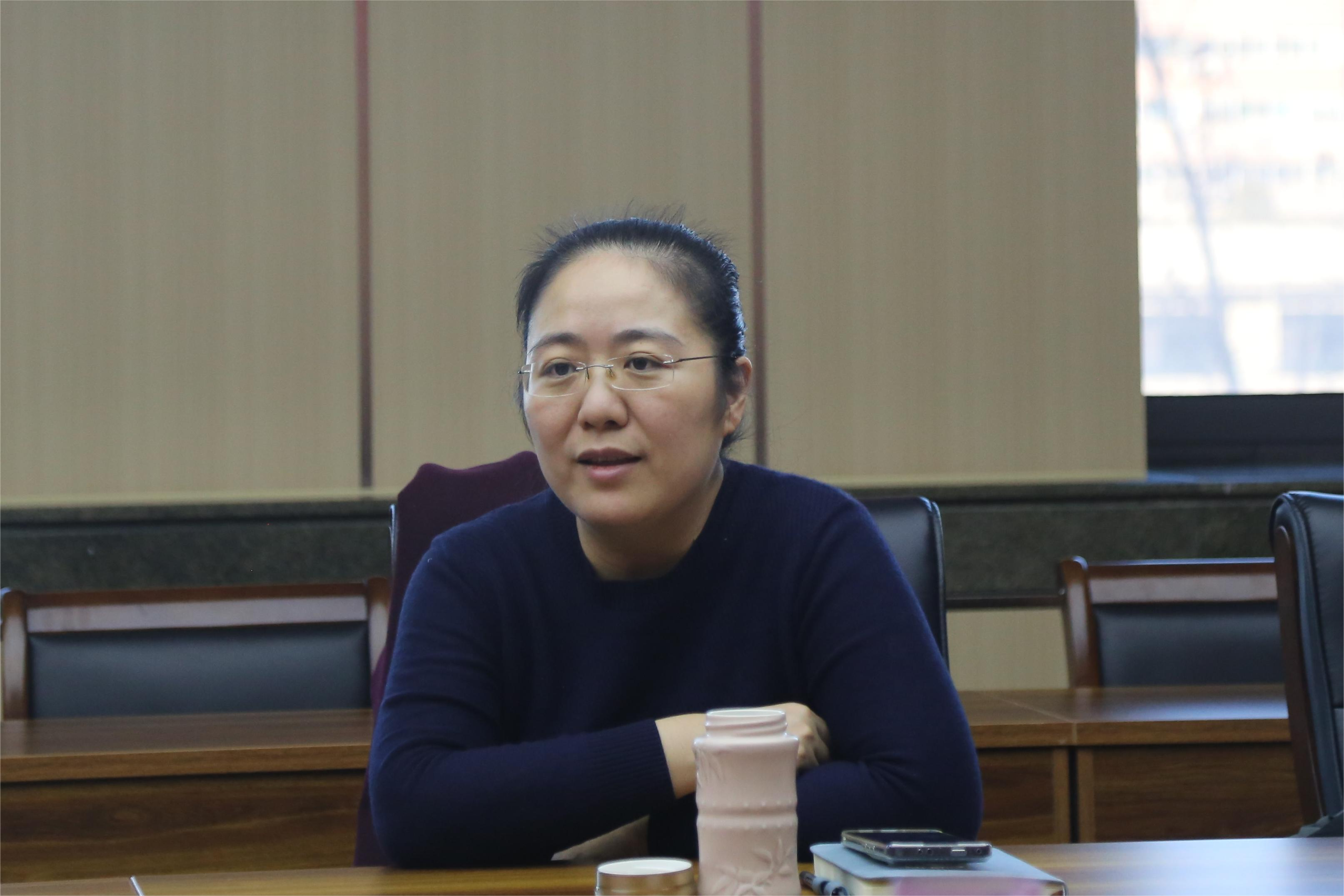
Vice Dean Huang pointed out that the School has been carrying out targeted poverty alleviation for Liuzhuang Town, Queshan County through multiple channels. She proposed to list Liuzhuang Town, Queshan County as a practice base for students’ training, and combine the assistance with teaching through summer practice, on-site classroom and dissertation research, so as to realize mutual promotion. She pointed out that using the School’s resources to attract counterpart enterprises to visit and invest in the local area, solving the difficulties of the lack of local start-up funds, and realizing industrial integration and rural revitalization.
At the symposium, Shi Qingyun, a counselor (Division-Head Level), suggested from the perspective of the School alumni that alumni resources can be brought into play, and alumni can be organized to carry out field trips to improve local financing channels and broaden the platform for employment and education. Sun Ping, secretary of the faculty party branch of the Department of Culture and Tourism, introduced the achievements of the party branch and discussed the feasibility of expanding the “Three Zeroes Yard” model to the Queshan targeted poverty alleviation project.
The symposium was attended by young teachers of the Department of Culture and Tourism, and relevant staff of the Laboratory Center of the School.
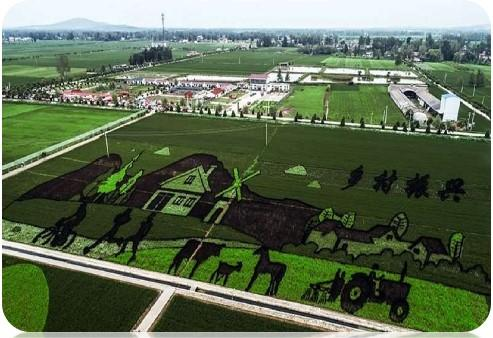
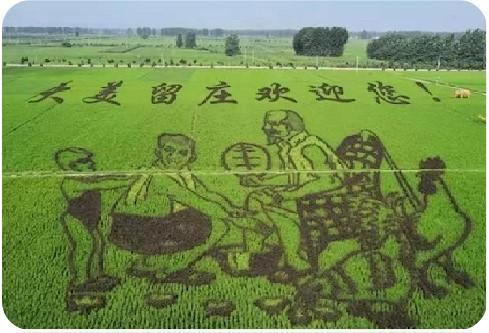
The convening of the symposium is not only a summary and affirmation of the past, but also a planning and deployment of the future. The School will continue to strengthen its political commitment, give full play to its disciplinary advantages, deepen and expand the existing results of assistance, constantly innovate the work mechanism, and actively explore new paths and new modes of targeted poverty alleviation with the characteristics of Shandong University, so as to resonate with the same frequency with Queshan County, and draw a new blueprint for the rural revitalization.